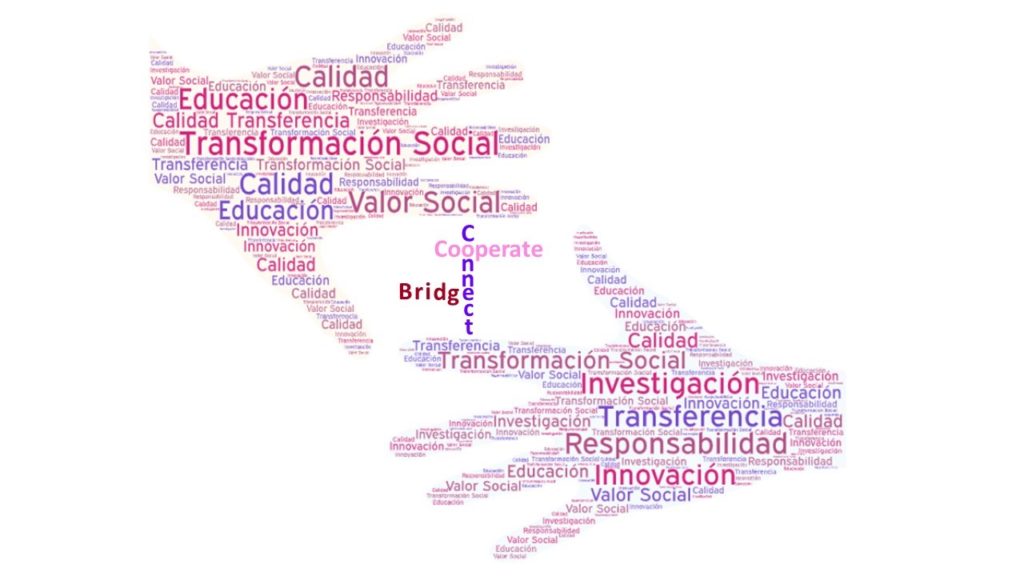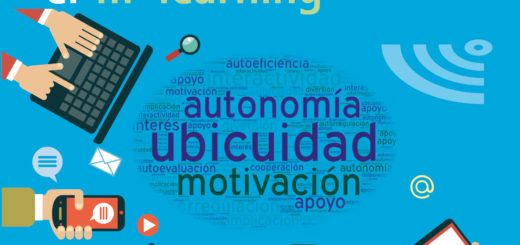Is It Possible to Conduct Educational Research Committed to Social Transformation?

Facing the causes and problems associated with the low impact of educational research in practice is a task that has accompanied us for decades without clear and useful answers. There needs to be answers that value the role of educational research to optimize education as an intentional and systematic process. Research on school failure, the use of digital technologies, non-sexist education or inclusive education, among others, has a solid base of knowledge and precise indications to guide and transform educational practices. Why is it not transferred? Ultimately, research must contribute to the noblest meaning of education: the well-being of people and by extension society as a whole.
Among the most recurrent causes is the difference between research culture and the culture that comes from policy makers or professionals in educational centers. From other references, another one of the reasons adduced is that educational research yields few conclusive results, rarely confirming the validity of educational theories. In this sense, policy makers have a double mission: on the one hand, to continue supporting educational research as a driver of change and, on the other, to guarantee the transfer of its results to the reality of educational centers. Research focused on educational improvement is co-constructed by professionals and researchers and, therefore, policies should be developed to support the creation of research in teams from both contexts to guarantee the channels for its transfer and utility. Others proposed solutions is the creation of Research-Practice Partnerships (RPPs): long-term collaborations between professionals and researchers, intentionally organized to investigate specific problems in teaching practice, and seeking specific solutions to improve the results of a specific geographic area (a community, city, neighborhood, center, etc.). The development of these initiatives can help to carry out viable, professional-oriented research, facilitating the interpretation and application of the results obtained from such research.
Another relevant aspect of this chapter is how to appraise the social impact of research. From the paradigm Science with and for Society, it is not enough to focus on the scientific impact. Research has vastly improved education and solved difficult problems, which is an indicator of the quality of educational research with social impact. In this framework, the transfer models acquire special significance as instruments to strengthen ties between Research and Development (R&D) in a collaborative way, from and for professional practice. The challenge this chapter presents is to propose responsible and transformative research that promotes collaboration, interdependence and synergies between politicians, researchers, practitioners and social agents. The social value of education is incontestable.

Authors
Teresa González-Ramírez.
Ana García-Valcárcel Muñoz-Repiso.
Jesús Conde-Jiménez.
Salvador Reyes-de-Cózar.
Angela López-Gracia.
Grupo de Investigación, Evaluación y Tecnología Educativa. Universidad de Sevilla
Grupo de Investigación e Innovación en Tecnología Educativa. Universidad de Salamanca.






